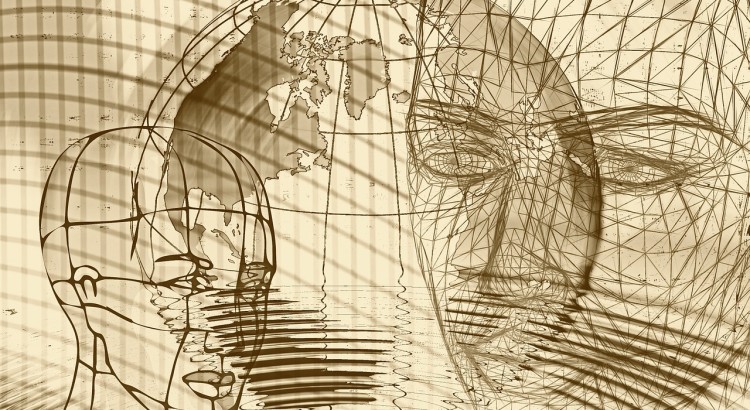I met this old friend of mine last week. The timing was bad. He looked very irritated, upset and all of that. I asked him what happened. It turned out that he was irate with his brother, as he didn’t come to his son’s birthday party. Of course this was an important event for him, but I asked him, had he asked him why, to which he shook his head. I tried to console him saying that his brother may have some genuine problem. It was no use, as according to him, this was not the first time, and he has a history of such a behavior.
Now does this sound like a familiar situation to you? We all do it routinely, predicting how other people will react. And often we may be right. But what about the few times we are not? Why people have set behavior patterns?
Now I am amazed at the complexity of our brains, 100 billion neurons there, and some of them firing each time we have a thought. These neurons carry ideas, and a cluster of a few neurons creates an association of ideas, which turn into beliefs. So we all perceive the reality based on our beliefs. And because these beliefs are embedded in our neuron system, our thinking is very rigid, almost robotic.
All our experiences, education, environment, in fact everything we do and have done, are stored in those trillions of memory cells in our brain. This includes our impressions (Sanskara) from the previous lives. And these give rise to about 60,000 thoughts per day, which are all associative, meaning whatever we perceive triggers a thought or idea associated with the perception of the moment. So generally we have very little control on what we think, unless we ‘think about what we think’. And that could be a way out!
So for example, just have a look at the last 24 hours and think of what you have been thinking. How much of that is a new thought, or a fresh idea? Most likely they would be all related to your close environment, friends, relatives, work situations, and a big part of that thinking would be related to past events, and worries about future. About the future that is yet to happen! Most of us have already pictured in vivid details those future incidences and depressed ourselves. All this affects our living in present moment, our experience of the present. No wonder it looks bleak! Much bleaker than the reality!
Only today I read about this young boy, Ahmed Mohamed of 14 years who brought to his school in Texas, U. S. an electric alarm clock he made at home, as a class experiment. The alarm went off in the classroom and teacher got panicked, thinking it was a bomb. He was immediately suspended from school and police detained him for enquiries. He was cleared later, not only that, he got an invitation from the President to attend an Astronomy Night, got supportive comments from Hilary Clinton and invitation from Mark Zuckerberg (CEO of Facebook) to visit Facebook. But what this shows is how we stereotype people, based on their religion, cast, country etc. Fundamentally this is rooted in our beliefs, which are hardwired.
So our thinking most often is mundane, we don’t rise from the vicious cycle that is way down on the happiness rank. We do things only by habit, just because we have been doing them for years, or because someone has told us, or that is how all our friends and dear ones do them. Some of these beliefs are so hardened that they drive us to take extreme actions, sometimes-violent ones. Religious beliefs fall into these. They make us intolerant. Vicious attacks on newspapers, cinema theatres, writers, artists etc., simply because their work reflects contrary views, are seeded in such hardened thinking.
Now we surely need beliefs. Surely we need to be proud of our traditions. Surely our life is based on values. But there is clear line between what is righteous and what is not. Swami Vivekananda put it simply and beautifully when he said, ‘Whatever is selfish is immoral, and whatever is unselfish is moral’.
Whatever we think or do, be aware of that unity in diversity. Our beliefs and values should be to promote the betterment of the humanity as a whole. Then we will never be hard at the core!
So next time whatever I am doing or thinking, I want to start challenging that thinking, question why I am doing it, is there any rational basis for that, how much of it is just hearsay or a habit or a prejudice, is it progressing the universal harmony.
So one way of being increasingly conscious of our robotic thinking is to meditate. That will bring us back into the present. Will soften our hardened beliefs. If we challenge our thinking, it will give us fresh ideas. The brain will start forming new neuron connections. By practicing this regularly, we will remain always fresh at heart, tolerant, willing to take in, not so much impose on others! And the most important thing about such imaginative thinking is, we can make it remain with us forever, we are never dull in our mind. Because for more than 80% of the times we are alone, without all those external stimulus, people, etc. Only a fresh mind, an agile mind, an open mind will make our life fascinating, continuously.
 (5)Dislikes
(5)Dislikes (0)
(0)